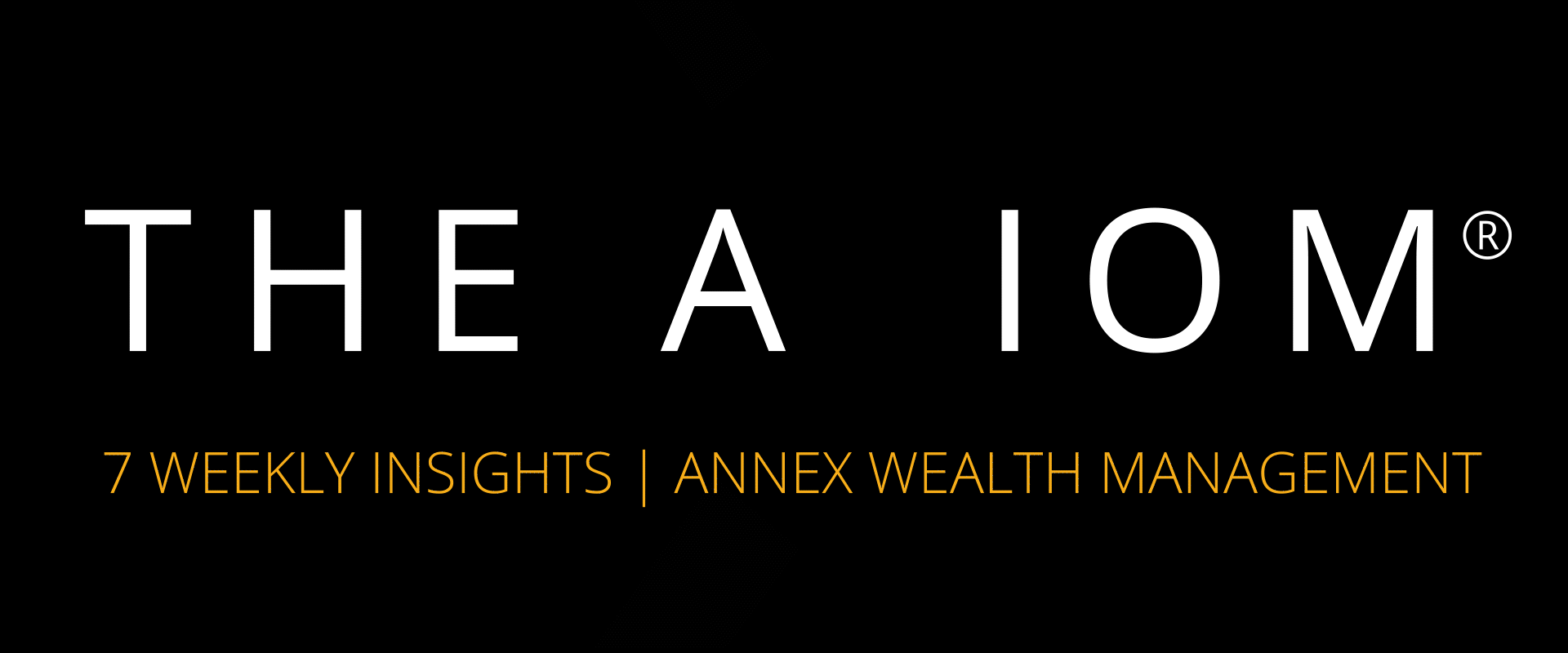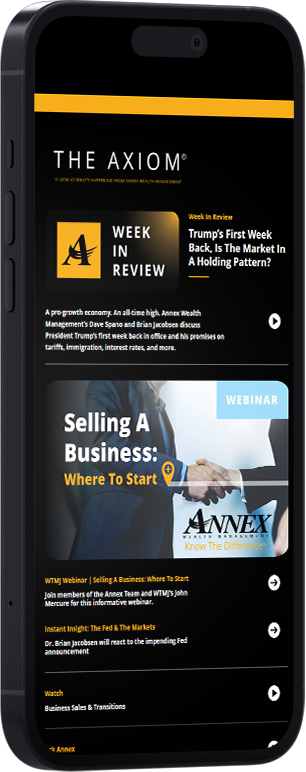
Early earnings reports have been pretty good, but CPI, PPI, and retail sales did not report positively. What can we expect from the Fed? Annex Wealth Management’s Dave Spano and Derek Felske discuss.
In the Digital Age, it’s easy to want things to happen instantaneously, whether it’s a Google search, ordering food, or even general communication. Now that the auto industry has been producing more and more models of electric vehicles, another expectation has been introduced: waiting for EV’s to charge.
When asked how long you would wait for an electric car to charge, the two top responses were “25 minutes” (31%) and “the same as it takes to put gas in a gas-powered car” (48%). 16% of polltakers said they would wait 1-2 hours, and 5% even said they’re willing to let their car take 6+ hours to charge.
If you’re in the market for an EV and want one that is efficient with charging, Kelley Blue Book has listed the 5 Fastest Charging Electric Cars. In one minute of charging, the Lucid Air can get you 20 miles, the Porsche Taycan 15.5 miles, and the Tesla Model 3 15 miles.
In the vein of wanting instant gratification, we’d like to know your preferences when it comes to online shopping.
Oops! We could not locate your form.
BACK TO TOP ↑
Avoid These Estate Planning Mistakes

Innocent blunders can have a big impact on your best estate planning intentions. This week’s MoneyDo is actually a list of MoneyDon’ts: A list of things to avoid as you seek to get your planning on track.
- Not Having an Estate Plan. Consider this: death and taxes are two of the few absolutes in life. Having an estate plan makes sure you effectively plan for both. Effective estate planning also acknowledges who can act on your behalf even in circumstances where you’re still living, but unable to manage your affairs.
- Using Do-It-Yourself Software. Yes, lawyers can be expensive, but the cost is minimal compared to the expense of family fights, litigation, or legal costs your heirs could spend fixing a bad estate plan concocted by a bot.
- Creating Legally Invalid Documents. An estate plan is comprised of multiple documents, each with different requirements for witnesses or notaries. Often, especially with do-it-yourself estate plans, the documents were not properly executed and therefore are not legally valid.
- Relying on Your Neighbor’s “Legal” Advice. No two estate plans are alike. Your neighbor may have all sorts of information about what they did for estate planning, but their financial situation is likely very different from yours. Avoid any estate planning steps without first discussing your personal situation with an attorney to determine your best course of action.
- Naming the Wrong Individual as Power of Attorney, Executor, or Trustee. You’d think that selecting who’s responsible for your financial affairs as you decline and after you die would be one of the biggest reasons to create an estate plan. But sometimes, this key detail doesn’t get the consideration it deserves. The individuals you name should be trustworthy, financially responsible, and good communicators who can let all beneficiaries know what is going on throughout the process.
- Failing to do the Follow-Up Work. After you sign your estate plan documents, you’ll still have some work to do. Your attorney likely gave you instructions for updating beneficiary designations or changing how an account is registered. If you don’t complete this, the estate plan will not work as intended.
- Failing to Review and Update Your Estate Plan. Estate plan documents are valid until they’re revoked or superseded by new documents. Your Will from 30 years ago is still legal, so if you have new plans for your assets or new family members, you need to update your estate plan. Estate tax and income tax laws have changed dramatically in the last 20 years, so any plan done before 2005 likely needs to be reviewed and updated to bring it current with the laws in place today.
- Storing Plan Documents in an Inaccessible or Unreliable Location. A safe deposit box works, but only if someone other than you can get access to it. Other location ideas include personal lock boxes or a home safe, but again, make sure someone else has the key or combination. It’s also a good idea to provide copies to family as an additional backup.
- Misunderstanding Your Estate Plan. Often, we’ll work with people who forget or never had a good understanding of how their estate plan works. Ask questions, take notes about your plan. Don’t forget that your attorney is a source of extensive information about the ins and outs of your estate plan.
- Not Communicating Your Estate Plan. Circumstances will eventually require that you’ll likely hand off your day-to-day finances to someone else. Communicating the details of your finances and your estate plan will help ensure the transition is smooth. It’s a gift you can give your power of attorney, executor, or trustee: a simple process which avoids mundane tasks like hunting through decades of files to find out where your bank account is held.
BACK TO TOP ↑
Annex Wealth Management’s Sarah Kyle and Randy Winkler, CFP® answer several Ask Annex questions:
“I’m under 59 and a half, but need to withdraw money from either a 401k or one of my IRAs. What’s best from a penalty standpoint?” – P.J.
“Any thoughts on investing only in U.S. companies?” – Alan
“Going back to work after 18 months off, I considered myself retired even though I didn’t do anything official, like withdrawing retirement funds. Do I need to alert anyone like Social Security?” – Anonymous
“Graduated law school. Have my first job. I want to start investing right away in a Roth IRA. Is there a consensus on the best provider to set up a Roth like avoiding fees, good info displays, index funds, etc.?” – Daryl
“Is there a formula to determine if a backdoor Roth IRA is the way to go? I’m highly compensated, but also highly confused about the process.” – Anonymous
“I’m 64 and qualify for early retirement. Vested in my pension. Wanted to work at least another year or two, but it seems I’m getting fired soon. Should I retire early or wait until I’m fired? Get a few more paychecks and collect my pension? Employment after. I could also quit live from savings until 65 and collect pension then.” – Anonymous
Do you have a question for Annex Wealth Management? Drop it here: annexwealth.com/ask
BACK TO TOP ↑

BACK TO TOP ↑
BACK TO TOP ↑
UPCOMING EVENTS →
BACK TO TOP ↑






